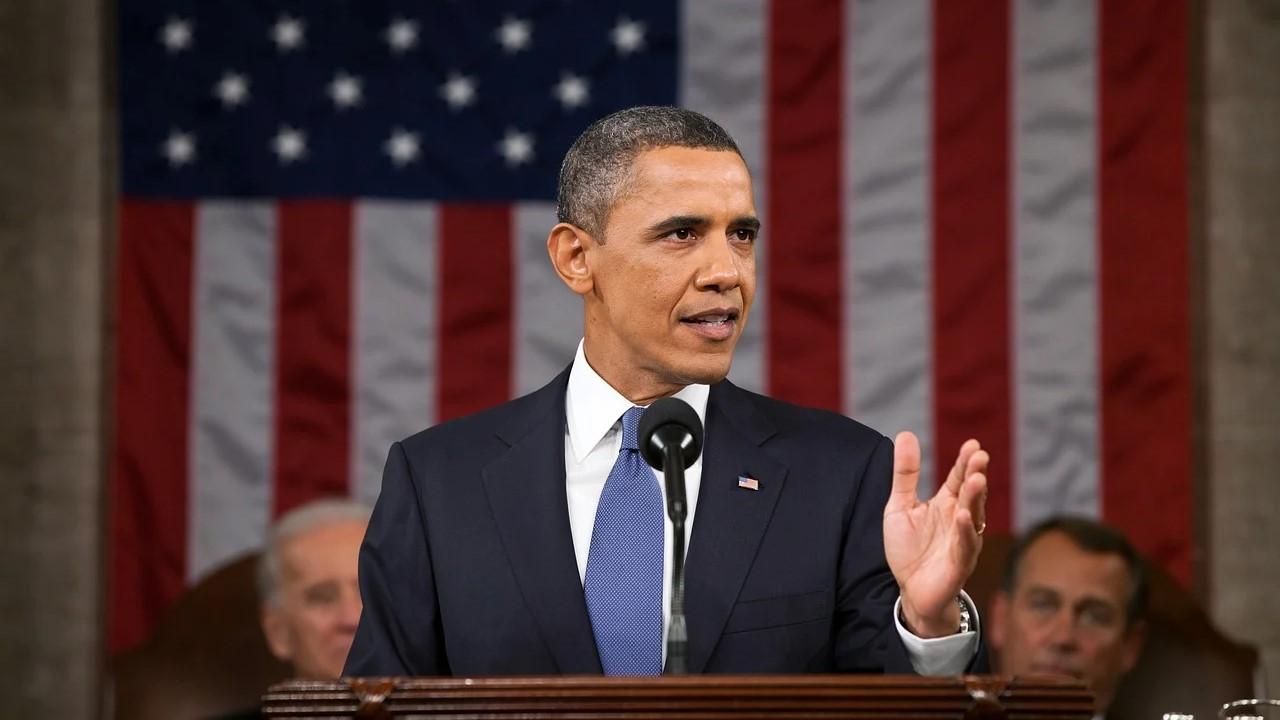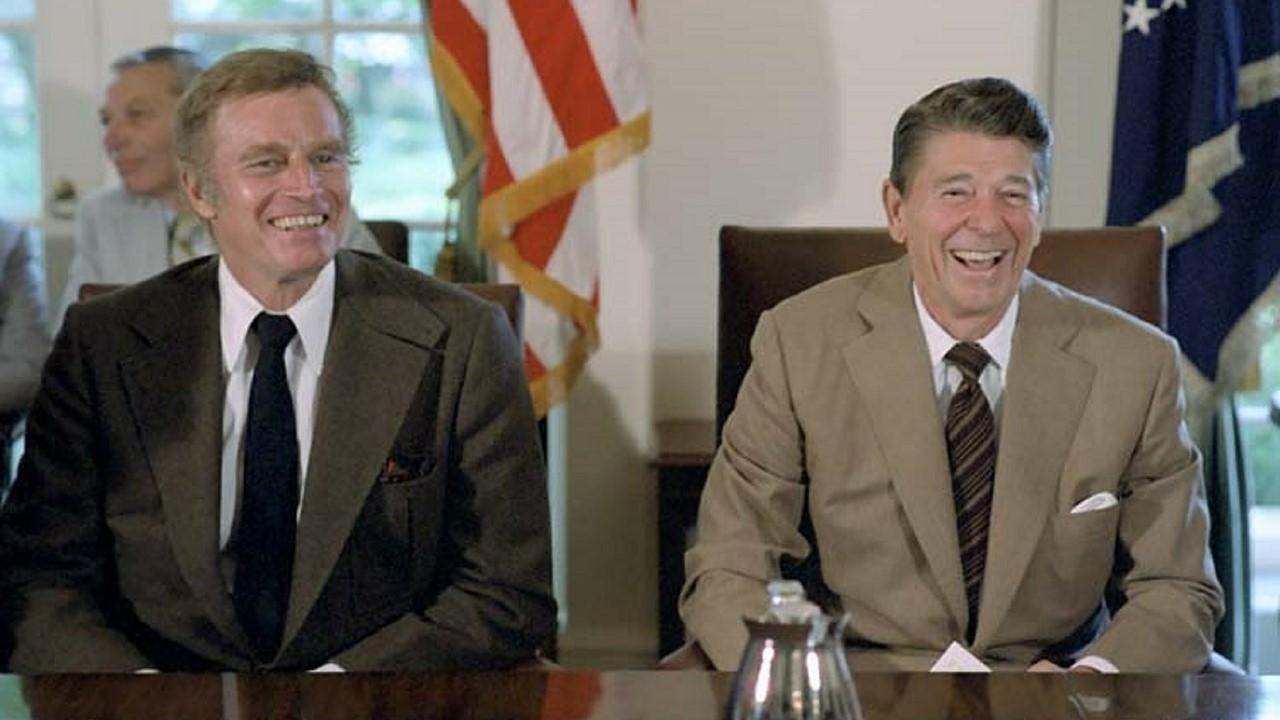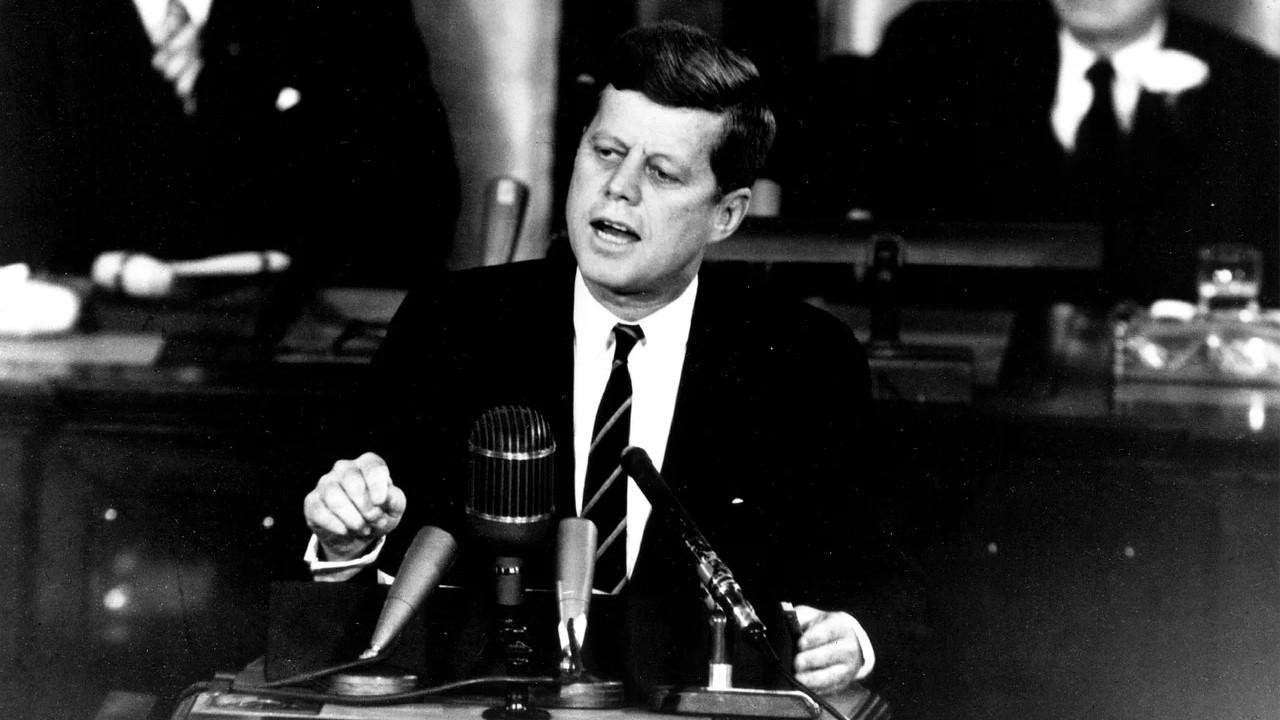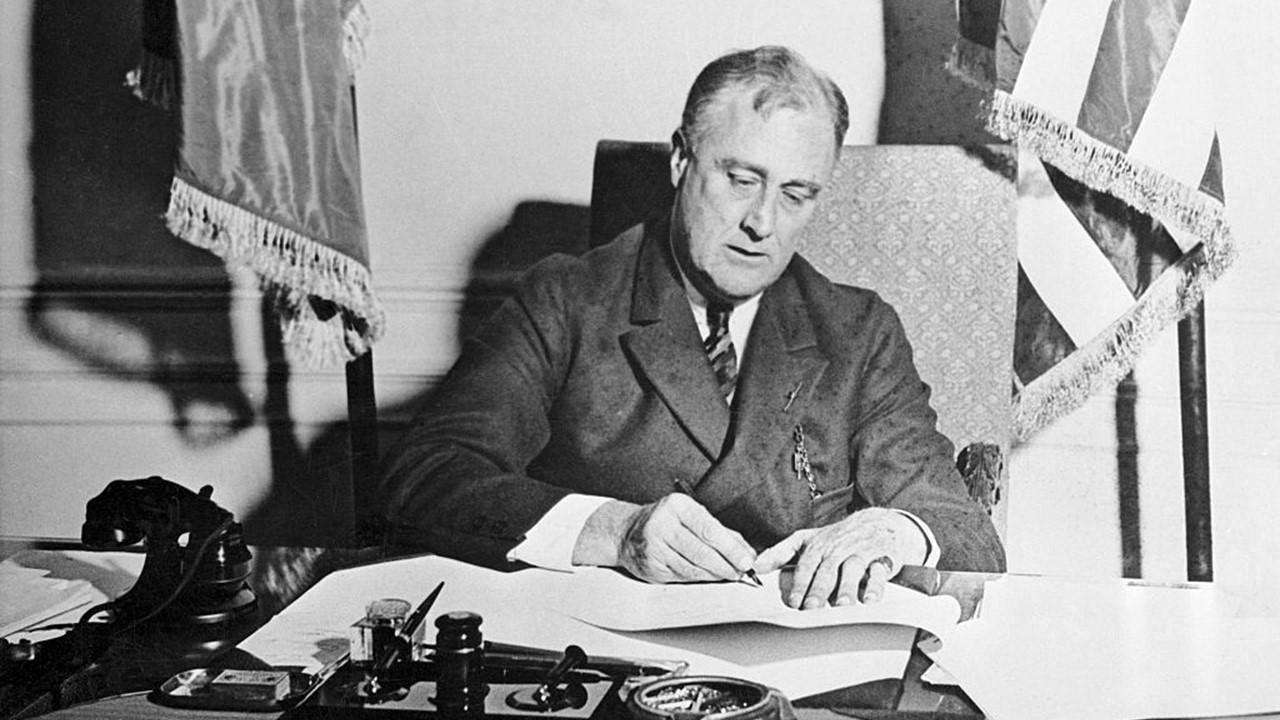Breaking Down Stock Market Performance by U.S. Presidents
Many people use the stock market performance as a barometer to gauge presidents' economic performance. How have U.S. presidents performed based on the stock market?
Nov. 13 2020, Published 1:46 p.m. ET

Many people judge U.S. presidents' performance by their impact on the economy. The decisions that presidents make often impact the economy, which is reflected in the stock market performance. When a president leaves behind a strong economy, he has respect from economic observers.
When judging a president’s impact on the economy, many people look at the stock market performance during the president’s time in office. The Dow Jones Industrial Average is often used as a gauge of U.S. economic conditions.

The Dow tracks the stock performance of 30 largest public companies that represent the backbone of the U.S. economy. The list of Dow companies changes from time to time. Some companies are added, while others are removed. The stock market index has a long history going back to 1890s. When assessing the stock market performance by presidents, many people will study the Dow.
When the Dow gains points, the economy is thought to be doing well. In contrast, the economy is perceived to be weak if the Dow loses points. The Dow has recorded a varied performance under different presidents. Economists have ranked presidents by stock market performance going back to the early 1900s.
How does Trump compare with Obama if you rank stock market performance by presidents? Will a Joe Biden presidency set a new high or low for the stock market performance? Here’s how the stock market performed under various presidents as measured by the percentage change in Dow points.
President Donald Trump and the stock market
President Donald Trump took a keen interest in ranking presidents by stock market performance during their tenure. Trump thinks that Americans will remember him for building a strong economy. He thinks that many people will see this based on stock market performance.
The stock market made significant gains early in Republican Donald Trump’s presidency. However, the COVID-19 pandemic dealt a massive blow to the economy and sparked a major sell-off in the stock market. The Dow gained more than 35 percent under Trump’s presidency by the time Americans voted in the 2020 presidential election. President Trump lost a re-election bid to Joe Biden.
President Barack Obama’s era and the stock market performance
Barack Obama took office at a time when the U.S. was still going through the economic effects of the mortgage crisis. However, the Obama era still turned out to be a colorful period for stock market performance. The Dow gained almost 150 percent during Obama’s time in office, which started in 2009 and ended in 2017.

George W. Bush’s presidency and stock market performance
George W. Bush’s presidency, which ran from 2001–2009, stands as one of the most difficult periods for the economy. The Dow fell more than 26 percent during Bush’s presidency. During Bush's time in office, there was the 9/11 terrorist attack and the mortgage crisis made many U.S. companies go bankrupt. These events impacted business investments and consumer spending, which in turn weighed on investor sentiment and hit the stock market performance.
President Bill Clinton’s stock market performance
The stock market made impressive gains during President Bill Clinton’s tenure. The Dow climbed 229 percent during Clinton’s time in office, which started in 1993 and ended in 2001. Inflation and unemployment rates remained low during Clinton’s era.
Ronald Reagan presidency’s impact on stock market performance
The stock market registered an outstanding performance during Ronald Reagan's presidency, which started in 1981 and ended in 1989. Tax cuts and business-friendly regulations are some of the steps Reagan took to revive the economy. The Dow jumped more than 147 percent during Reagan’s time in the White House.

President Gerald Ford’s performance on the stock market
The era of President Gerald Ford was a great period for stock investors from 1947–1977. The Dow climbed more than 40 percent during Ford’s presidency. The SEC deregulated stock market trading fees, which gave rise to discount brokers like Charles Schwab. The resulting competition reduced stock trading costs, which opened up space for more Americans to participate in the stock market.
President Richard Nixon’s tenure and the stock market performance
The Dow tumbled more than 28 percent during President Richard Nixon’s time in office from 1969–1974. Nixon, a Republican politician, actually resigned from office over the Watergate scandal before his term was over.
President John F. Kennedy’s White House tenure and the stock market performance
President John F. Kennedy’s short-live presidency actually paid off fairly well for stock market investors. The Dow rose nearly 16 percent during Kennedy’s presidency. The Kennedy era ended prematurely in 1963 following the assassination of the Democrat politician. To bolster the economy, Kennedy took steps like increasing the minimum wage, increasing government infrastructure spending, and lowering taxes.

President Dwight Eisenhower’s impact on the stock market
The tenure of President Dwight Eisenhower in the White House was one of those remarkable periods for the stock market performance. The Dow gained about 124 percent during the Eisenhower presidency, which ran from 1953–1961, despite the economy going through several recessions during that period.
President Harry Truman’s stock market performance
Stock market investors during President Harry Truman’s tenure reaped big gains. The economy went through some rough periods marked by railroad labor strikes and spiking unemployment in the early years of Truman's presidency. In the end, the Dow recorded a more than a 75 percent gain during the Truman era from 1945–1953 .
Franklin Roosevelt presidency and impact on the stock market
President Franklin Roosevelt’s era in the White House was a fine period for Wall Street. Roosevelt, the longest-serving U.S. president, took office in 1933 and left in 1945. During that period, the Dow gained nearly 200 percent.

Herbert Hoover’s stock market performance
The Dow fell more than 80 percent during Republican President Herbert Hoover’s four years in office between 1929 and 1933. Hoover, the 31st U.S. president, came to office at the beginning of the Great Depression.
Nobody beats President Calvin Coolidge’s stock market performance
President Calvin Coolidge’s tenure was the most colorful period for the stock market. The Dow soared more than 230 percent during Coolidge’s time in office, which ran from 1923–1929. Coolidge served as the vice president to Warren Harding and took office when Harding died. During his tenure, Coolidge cut taxes and adopted business-friendly regulations.
President Warren Harding’s impact on the stock market
President Warren Harding was president during a period of relative economic boom just after World War II ended. The Dow jumped more than 23 percent during Harding’s two-year presidency. Harding took office in March 1921 and his term ended when he died in office in August 1923.
The conditions during presidents' terms have varied greatly over the years. However, the condition of the economy they leave behind, which some assess based on stock market performance, may determine the respect they earn after leaving office.
